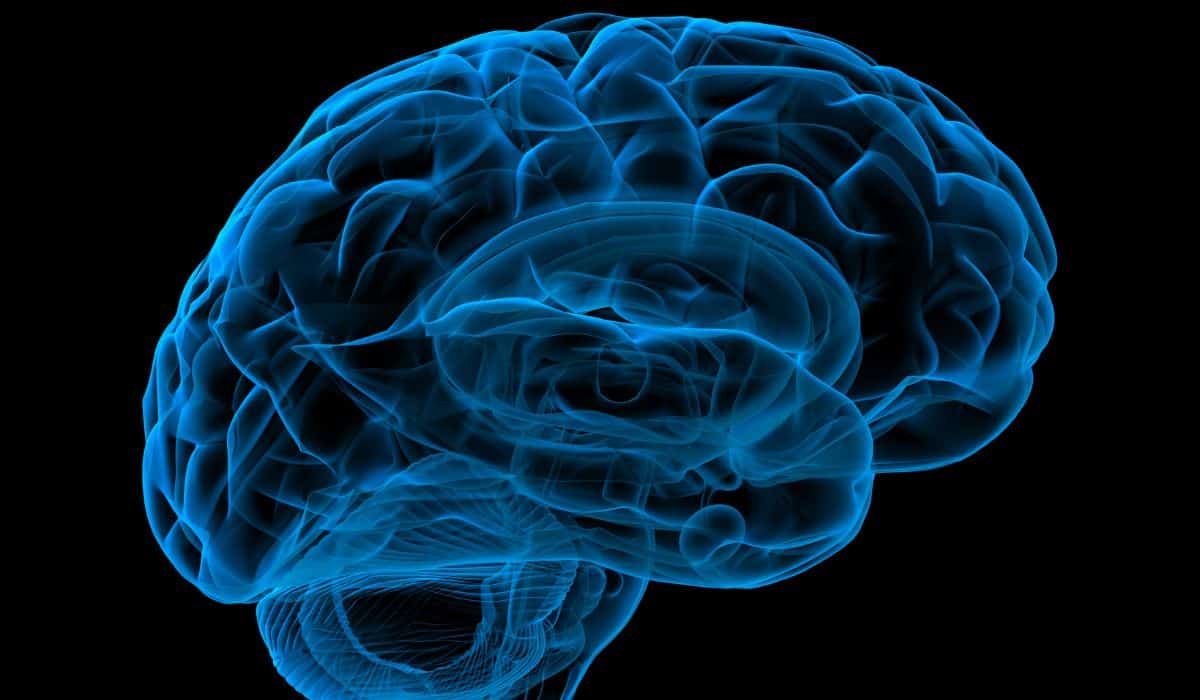
Anecdotally, a lot of people say they get amazing mental health benefits from keto: they can think more clearly; they’re on a more even keel emotionally; they have more mental energy and less brain fog. Keto is famous for the sharp, focused energy that people get from it and the way it seems to magically prevent problems like the energy slump after a big meal.
But what’s the science behind all of those benefits: is it just a placebo effect, or is there something real here?
It’s a big topic, so we’ll break it up into two parts:
- Part 1: Blood sugar: how keto reduces fatigue and improves mood through the magic of blood sugar control.
- Part 2: Direct effects on the brain: how keto acts on your brain to improve brain function.
Part 1: Blood Sugar
In terms of physical effects, keto improves mood by improving blood sugar control.
Blood sugar levels have a dramatic effect on mood - both very low and very high blood sugar frequently come along with unpleasant mood changes. You’ve probably experienced this for yourself if you’ve ever gotten incredibly cranky or depressed from going too long without eating (low blood sugar) or experienced a crazy sugar high (high blood sugar).
The key to avoiding that is blood sugar control, or keeping your blood sugar at a reasonable level all day instead of putting your body through huge spikes and crashes. A significant amount of research shows that improving blood sugar control improves mood and reduces fatigue.
Healthy people can naturally regulate blood sugar even when they’re eating quite a high-carb diet, but in the real world, a huge number of people struggle with blood sugar control when they eat a lot of carbs (this is called insulin resistance; you can read more about it here). For those people, keto is a reliable way to improve blood sugar control, preventing all the mood problems that come along with big fluctuations in blood sugar. That’s one reason why people on keto experience that calm, all-day energy: they aren’t constantly dealing with uncontrollable blood sugar swings.

As evidence that this stuff really works, take a look at this study. The researchers compared keto to a low-fat/high-carb diet in 119 overweight subjects. They found that keto reduced a cluster of different symptoms that the researchers called “negative affect.” Negative affect included:
- Depression
- Fearfulness
- Inability to concentrate or decide things easily
- Frequent worrying
- Memory problems
- Insecurity
- Crying easily
- "Fits of anger"
- Inability to work well under pressure
- Magnifying insignificant details
A lot of these “negative affect” symptoms should look pretty familiar to anyone who’s experienced a really brutal blood sugar crash. Keto reduced negative affect to a much greater degree than the low-fat diet, indicating the benefits of keto over a low-fat, high-carb diet for improving mood.
Part 2: How Keto Improves Brain Function
Reducing fatigue via blood sugar control is one way that keto improves mood and mental health. But keto also has direct effects on the brain itself - in fact, that’s why it originally got popular. Before it was a weight-loss diet, keto was a miraculous treatment for treatment-resistant epilepsy in children. Some kids who don’t respond to any medications can stay seizure-free on keto. Something about a ketogenic diet completely rewires brain energy metabolism - great for kids with epilepsy, but also great for all the rest of us who are interested in better cognitive function and mental health.
Keto, Mood, and Mental Health
Mood-stabilizing Benefits
“Mood-stabilizing” basically means that something helps even out highs and lows. Just like mood-stabilizing pharmaceutical drugs, keto increases intracellular calcium levels in the brain. A few pre-clinical studies have confirmed that keto likely has mood-stabilizing functions. And there’s even a bit of human evidence. This is a case report, not a clinical trial, so judge it appropriately: case reports are basically saying “this is a medically interesting thing that happened to someone once,” NOT “this is how people react in general.” But with that in mind, this particular case report is about two women with bipolar disorder, both of whom saw better mood stabilization from long-term keto than they ever did from meds.
In terms of other mood problems, there’s also some evidence that keto affect gene expression in ways that protect against depression. In this study, researchers fed pregnant female mice a keto diet: they found that when the mothers ate keto, their babies were less vulnerable to depression. This suggests that keto induces some kind of change in gene expression that can even be passed down from mother to baby.
Cognitive Function in Aging
Keto has also been studied as a treatment for memory loss in aging, specifically in two neurodegenerative disorders: Alzheimer’s disease and Parkinson’s disease. The reason for the benefit here is the way that keto changes energy metabolism in the brain.
One feature of Alzheimer’s disease is a decline in glucose (carbohydrate) metabolism in some areas of the brain. Basically, some parts of the brain can’t use glucose for fuel as well as they need to. Thinking and remembering is hard work, and without enough fuel, your brain can’t do it right. Enter keto: ketone bodies provide an alternative to glucose, so these researchers thought that by increasing the level of ketone bodies in the brain, they could help patients with mild to moderate Alzheimer’s disease. They found that in human Alzheimer’s patients, mild ketosis really did help improve cognitive function.
This study is smaller but still interesting: 5 patients with Parkinson’s disease ate a ketogenic diet for 1 month and their symptoms all took a turn for the better. Parkinson’s disease is another neurodegenerative disease, like Alzheimer’s but horrible in slightly different ways.
Other Ways Keto Improves Brain Health

Keto also has some other valuable benefits for brain health - here are a couple:
- Keto protects against oxidative stress: A ketogenic diet increases the levels and activity of a group of proteins called mitochondrial uncoupling proteins, which may reduce oxidative stress in the brain. Another review noted that keto has other antioxidant effects as well. Oxidative stress is involved in brain aging, neurodegenerative disease, depression, anxiety, and other psychiatric disorders.
- Keto changes blood flow in the brain. This review compared a ketogenic diet to a typical Western diet, noting that keto increased blood flow in two brain regions, the dorsal thalamus (important for processing sensory information and motor function and the hypothalamus (important for hormone health and for maintaining temperature and blood pressure). The researchers noted that “there is indication that [the ketogenic diet] fortifies various memory and sensory functions.”
In other words, keto makes your brain work better and protects your gray matter against oxidative damage.
Summing it Up
Keto acts indirectly on the brain by improving blood sugar regulation and directly by protecting against oxidative stress, increasing blood flow to certain areas of the brain, and changing brain energy metabolism. The research shows that this really does have big benefits for mood, mental health, energy, and brain health during aging.
For more tips on eating for great brain health, try here.
And finally, it’s worth noting that everyone reacts differently to keto and for some people, the solution might just be to find a different diet. This study compared keto to a non-ketogenic low-carb diet: the subjects on keto reported lower “vigorousness, ebullience, and high energy.” The study also found that the keto and non-keto subjects lost the same amount of weight, suggesting that if keto isn’t working for you, a less restrictive low-carb diet (up to 40% of energy from carbs) might get the same weight-loss results with less pain.





Leave a Reply